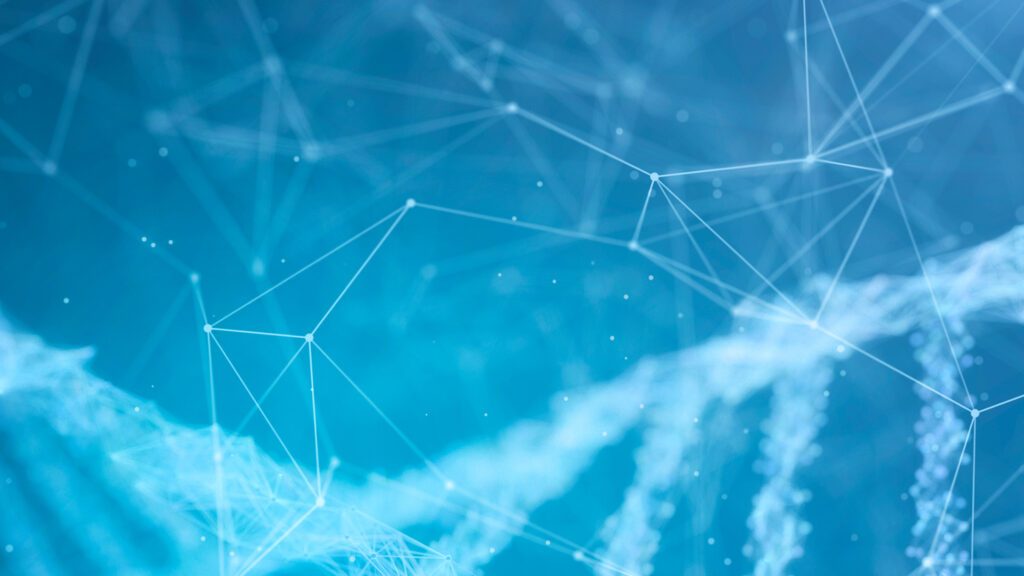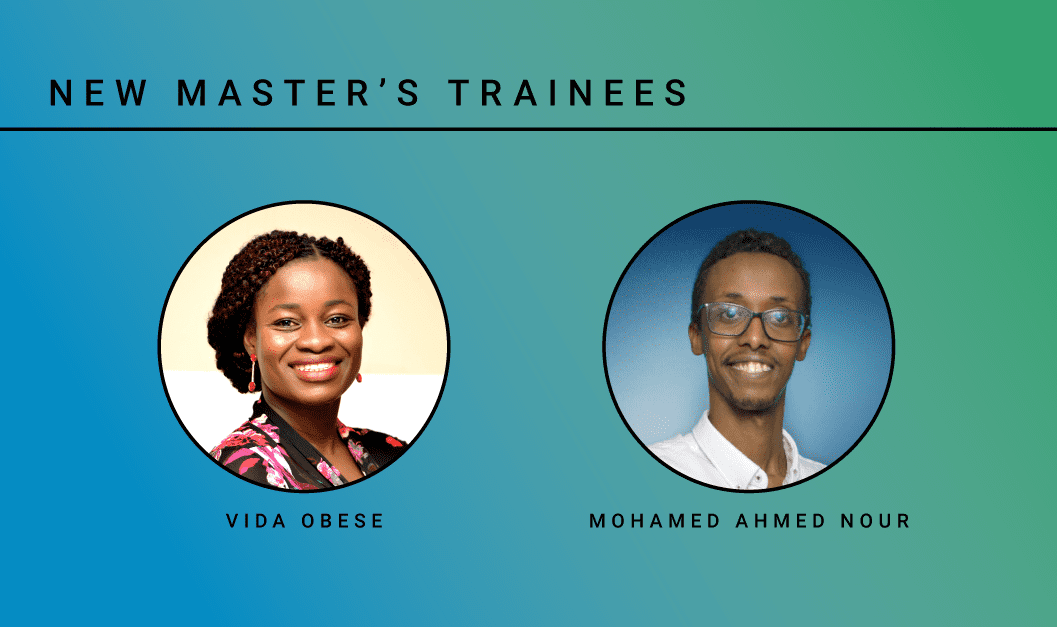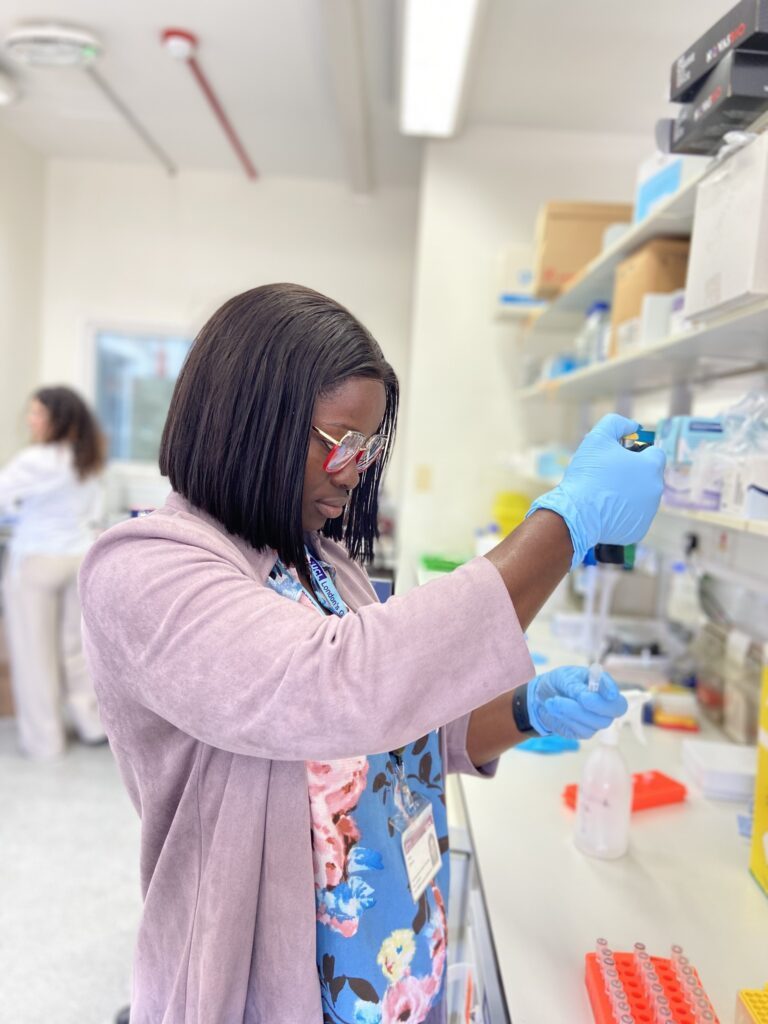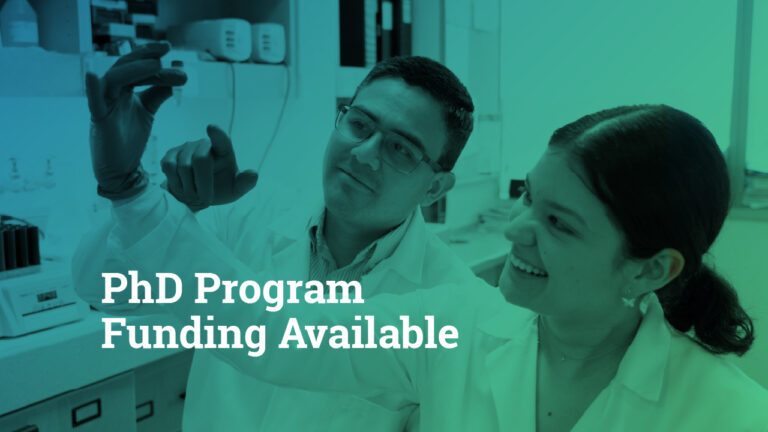Creating a global generation of scientists, and providing opportunities for groups that are traditionally underrepresented in research, are key deliverables for GP2. The Training, Networking, and Communication Working Group was established to address these needs. A big focus of our work has been setting up PhD and MSc opportunities that will expand our reach and ensure that research capacity is generated where it is needed to further the understanding of the genetic basis of Parkinson’s disease (PD). Late last year, we shared the stories of PhD trainees supported through GP2.
Read the stories of two trainees awarded in 2021 who are being supported through the GP2 Underrepresented Populations Master’s program in Africa.
Vida Obese
Ghana
“Parkinson’s Disease (PD) is the focus of both my clinical and research interest.
My research interest focuses on understanding the clinical phenotype, natural progression and molecular bases of PD. For this reason, I joined the Parkinson’s Disease Genomic Consortium Africa (IPDGC- Africa) when it was created in 2019. I started the first foundation for patients with PD in Ghana. Through my work at the foundation, I have become a lead advocate for patients’ education, better access to care and the elimination of the stigma associated with PD. The foundation is a strong promoter of more research and training opportunities for health professionals in PD in Ghana and beyond.
The opportunity to study MSc Clinical Neurology will help me address the paucity of data in African patients with PD. My study will be the first effort to understand the phenotype and genetic background of patients in Ghana. I hope this opportunity will help me build long lasting connections which I can utilize to strengthen the research in PD in Ghana and neighboring countries.
I believe my clinical and research interest, and my contribution to the IPDGC-Africa effort is in complete alignment with the GP2 effort of increasing diversity and enhancing research in under-represented groups in Sub-Saharan Africa. I hope my research project has the potential to identify, for the first time, various genetic variants related to Parkinson’s disease in West Africa and will add significantly to the wider GP2 effort. It is our honor to be a part of GP2.”
Mohamed Ahmed Nour
Djibouti
“My name is Mohamed Ahmed Nour and I am a general practitioner from Djibouti. I graduated from the Medical School of Djibouti in 2018.
I joined the Neurology Department at the National Mental Health University Hospital Razi in Tunisia as a trainee 3 years ago, which has an excellent academic reference in various neurodegenerative diseases in Africa. My major interest is to upgrade my understanding of neurology and neurodegenerative diseases, particularly Parkinson’s disease, as well as genetics; a specialty that continues to be under-represented in Djibouti. My purpose is to also enhance my management skills, scientific research, and data analysis, which are essential and much needed within my mother country.”
If you are interested in Parkinson’s disease genetics research, check out GP2’s upcoming opportunities to support virtual masters programs in Clinical Neurology or Data Science.
Meet our inaugural group of trainees who were from Asia and Latin America.




